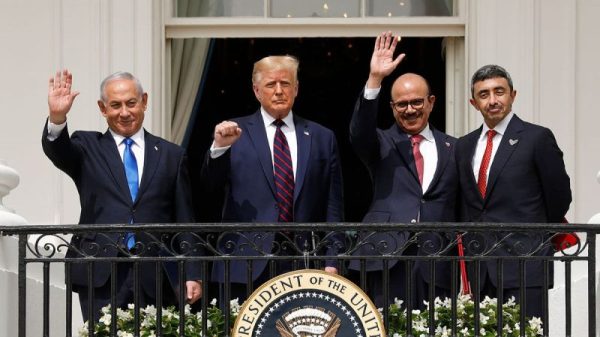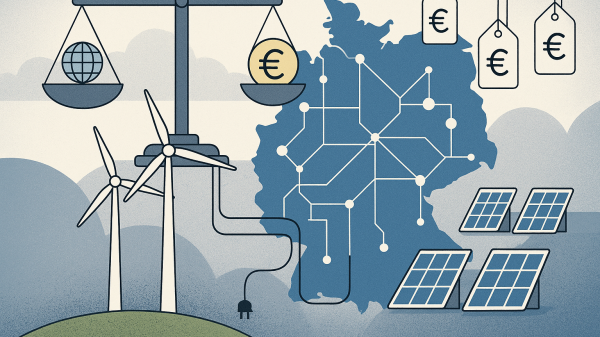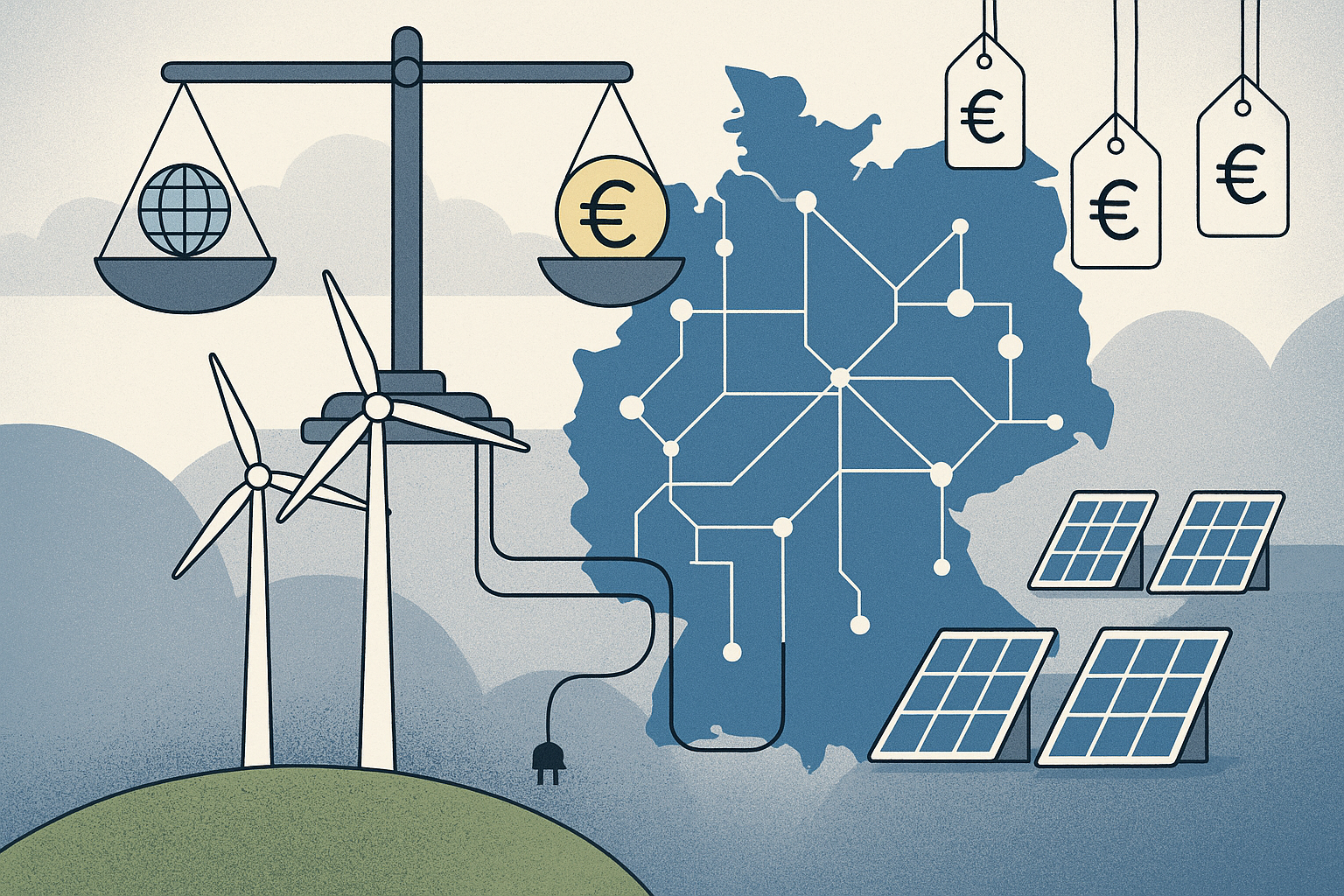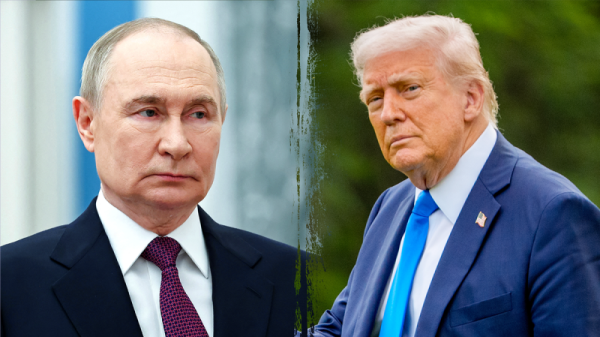Germany plans to move away from long-term, fixed-price contracts for new renewable energy projects, aligning with European Union guidance and shifting toward more market-based mechanisms.
The announcement, made by the economy ministry on Monday, underscores Berlin’s efforts to sustain the country’s clean energy transition while addressing growing concerns about high costs and competitiveness.
Transition away from feed-in tariffs
For years, Germany’s renewable energy industry has relied on fixed feed-in tariffs that guaranteed set prices for power produced by new solar, wind, and other renewable installations.
Critics argue that while these contracts helped build the sector, they are now proving too costly for governments and consumers, particularly as renewables make up a much larger share of the country’s power mix.
The economy ministry said it would instead consider alternative financing mechanisms.
Among them are contracts for difference, which guarantee revenue stability when prices fall but require repayment when prices exceed a set threshold.
Other proposals include revenue-clawback mechanisms to recoup excess profits above certain levels.
“We now need an honest assessment of the current situation. The energy transition can only succeed with more pragmatism and realism,” Economy Minister Katherina Reiche said while presenting a ten-point plan to guide the transition.
The ministry emphasized that support for renewables would continue, but in a more flexible and market-oriented framework.
Economic pressures and energy challenges
Germany’s clean energy push comes against the backdrop of persistent economic weakness.
Industry groups have long pointed to high energy costs and the expense of climate policies as factors undermining competitiveness.
According to a study prepared by the EWI and BET research institutes, renewables now supply nearly 60% of Germany’s electricity.
However, the report highlighted structural challenges, such as overproduction during periods of high wind or solar output, and shortfalls during calmer conditions.
The study also found that current arrangements remain costly, reinforcing calls for a transition to market-based systems.
While the government did not provide a specific timeline for ending fixed-price contracts, it made clear that the shift will be gradual and tied to broader reforms.
Grid expansion, regional incentives, and backup power
The ministry outlined several proposals to manage the shift and ensure reliable supply.
These include a coordinated expansion of power grids, renewable capacity, and storage solutions, with additional incentives such as regional bonuses.
Projects in grid-congested areas could face higher costs, while developments in under-served regions may benefit from cheaper and faster connections.
Another key element of the plan is the introduction of capacity-based grid charges and cable pooling, designed to improve efficiency in integrating new power sources.
The government also intends to promote flexible backup generation. Gas-fired plants that can later be converted to hydrogen will be prioritized under a new technology-open capacity market set to launch by 2027.
The proposals reflect Germany’s balancing act: maintaining its commitment to climate neutrality while addressing economic pressures and ensuring energy security.
As the country shifts from fixed feed-in tariffs toward market-driven mechanisms, policymakers are betting that greater flexibility and targeted incentives will keep the energy transition on track without undermining competitiveness.
The post Germany to phase out fixed-price contracts for renewables appeared first on Invezz


































